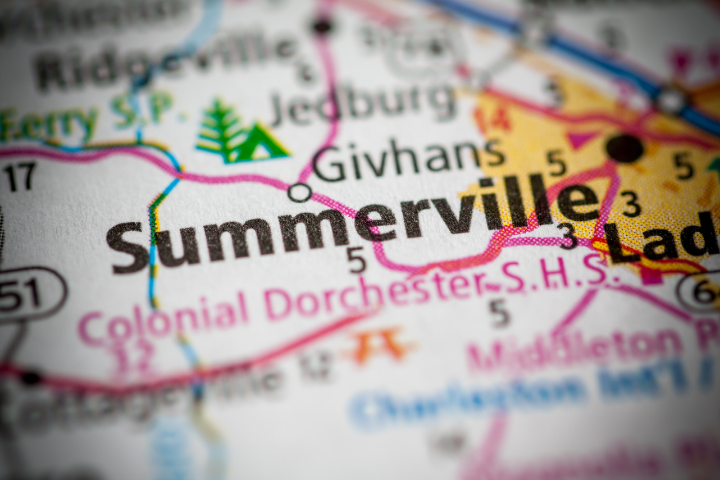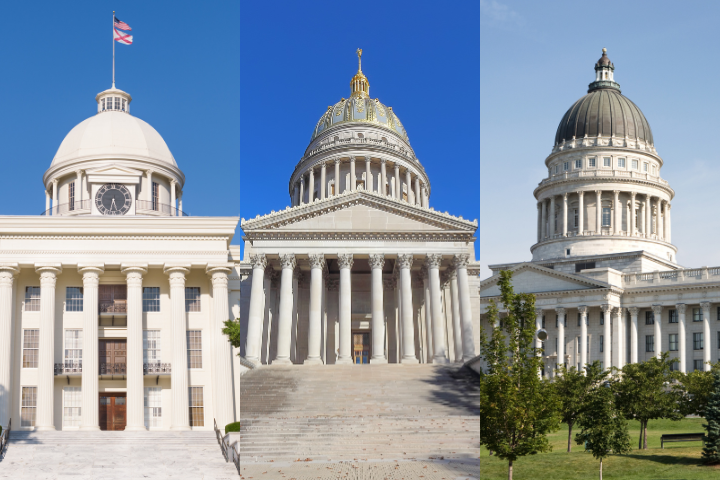In 2022, Toby Price, then an assistant principal in Hinds County, MS read a book called “I Need a New Butt!” to second graders, who, being the target age for fart jokes, responded with glee.
His superintendent responded by suspending and then terminating him, claiming the book was inappropriate, and that reading it violated “generally recognized professional standards.” At the ensuing administrative hearing, the school board upheld Price’s termination by a 2-1 vote (with two abstentions). Deliberations that day centered on whether this silly story about a boy discovering his own butt crack, and the zany hilarity that ensues, could provide a meaningful way of engaging 8 year olds in reading and learning.
That question will be reopened at a hearing today in Hinds County Chancery Court, where Price is appealing his termination. A new judge will be asked to weigh whether reading a book about butts and farts in school ought to be a fireable offense in 21st century America. Freedom has rarely felt so fragile.
Amid the avalanche of book bans, state laws censoring schools and libraries, and numerous cases of teachers disciplined for the books they read in classrooms, what happens with Price’s case could have consequences nationwide. A silly book has become shockingly serious.
That’s in part because there’s no consistent, objective standard to justify Price’s firing. In one of their initial statements about it, the district argued that the book was “inappropriate” because “some students may accept the material as if it is normal and proper to use such material in everyday language.” That’s a broad brush with which to ban literature. Were it to be applied everywhere, teachers would be barred from reading all manner of books to students — books about morals, ethics, learning from mistakes, or even historic injustices — really, any book mentioning any behavior that would not be acceptable in a classroom.
When Price’s case came to my attention back in 2022, it was clear that his termination was based on dangerous and flawed logic concerning what’s “appropriate,” an effort by some to impose their definition of this concept for all. This same logic is frequently used to justify banning books of all kinds — most prevalently books about LGBTQ identities, racism, or sexual assault. In districts and state legislatures “appropriateness” is being wielded to intimidate and chill teachers nationwide.
Indeed, Price’s case is of a piece with a stream of incidents across the country, each of which might be laughable if they didn’t involve serious financial and professional consequences: the Texas teacher fired for reading an adaptation of The Diary of Anne Frank, the Tennessee teacher fired for reading an essay by Ta-Nehisi Coates, the Georgia teacher fired reading fifth graders My Shadow is Purple, the Oklahoma teacher suspended for encouraging students to check out books from the library, the Wisconsin teacher fired for complaining about her school banning first graders from singing Rainbowland by Dolly Parton and Miley Cyrus.
And it’s not just the teachers being targeted, but frequently books themselves. A Florida school recently drew pants on illustrations of bare-bottomed babies and naked goblins in the books in their library. Another has banned picture books about penguins and bunnies, because they were deemed to contain “sexual content.”
At first whiff, such stories seem ridiculous. But together they reveal a dark truth: there is a swelling movement to assert an ideology over public schools that restricts students’ ability to learn, read, and grow. It’s a movement that is bent on suppressing information especially about reproduction and anatomy, with traditional taboos concerning body parts right in the crosshairs.
What’s happened with Price did not start from local activists who want to ban books, and it wasn’t spurred on by state officials or politicians. But his case cannot be divorced from this broader political campaign against literature and education in which it is unfolding. Upholding Price’s termination would be a tragedy for teachers across the country, many of whom are already self-censoring and teaching on eggshells to avoid angering parents, advocacy groups, or censorial legislators.
Ultimately, the case against Price comes down to his having read a silly book, which made some district administrators or teachers uncomfortable. That choice might have merited a conversation, but it most assuredly did not merit discipline as extreme as termination.
Now, Hinds County Chancery Court has an opportunity to send a powerful message: that censorship is wrong, and the freedom to read and learn includes the right to joke about butts.










